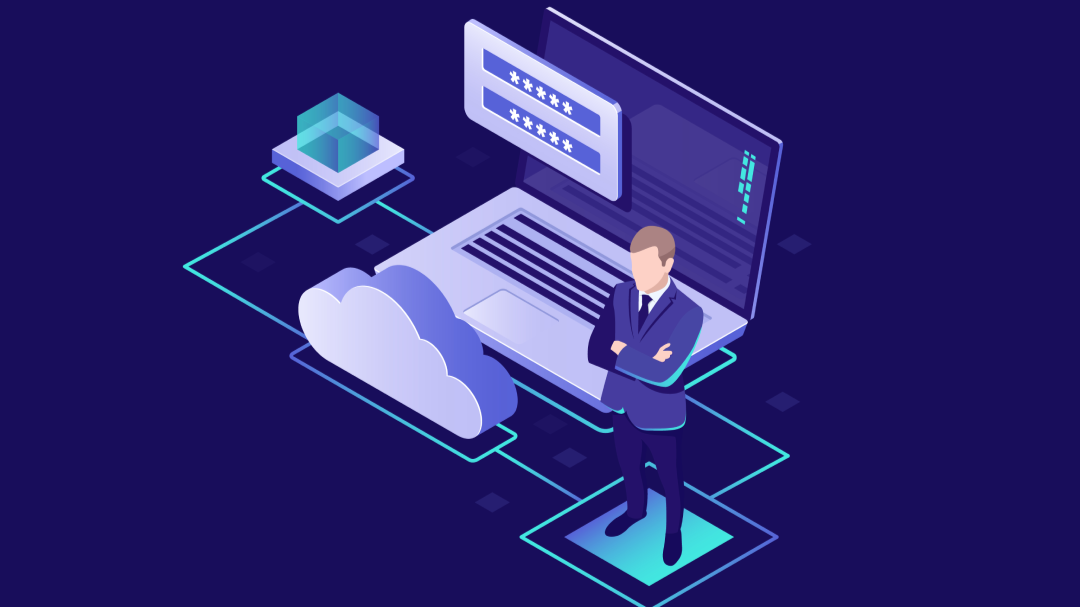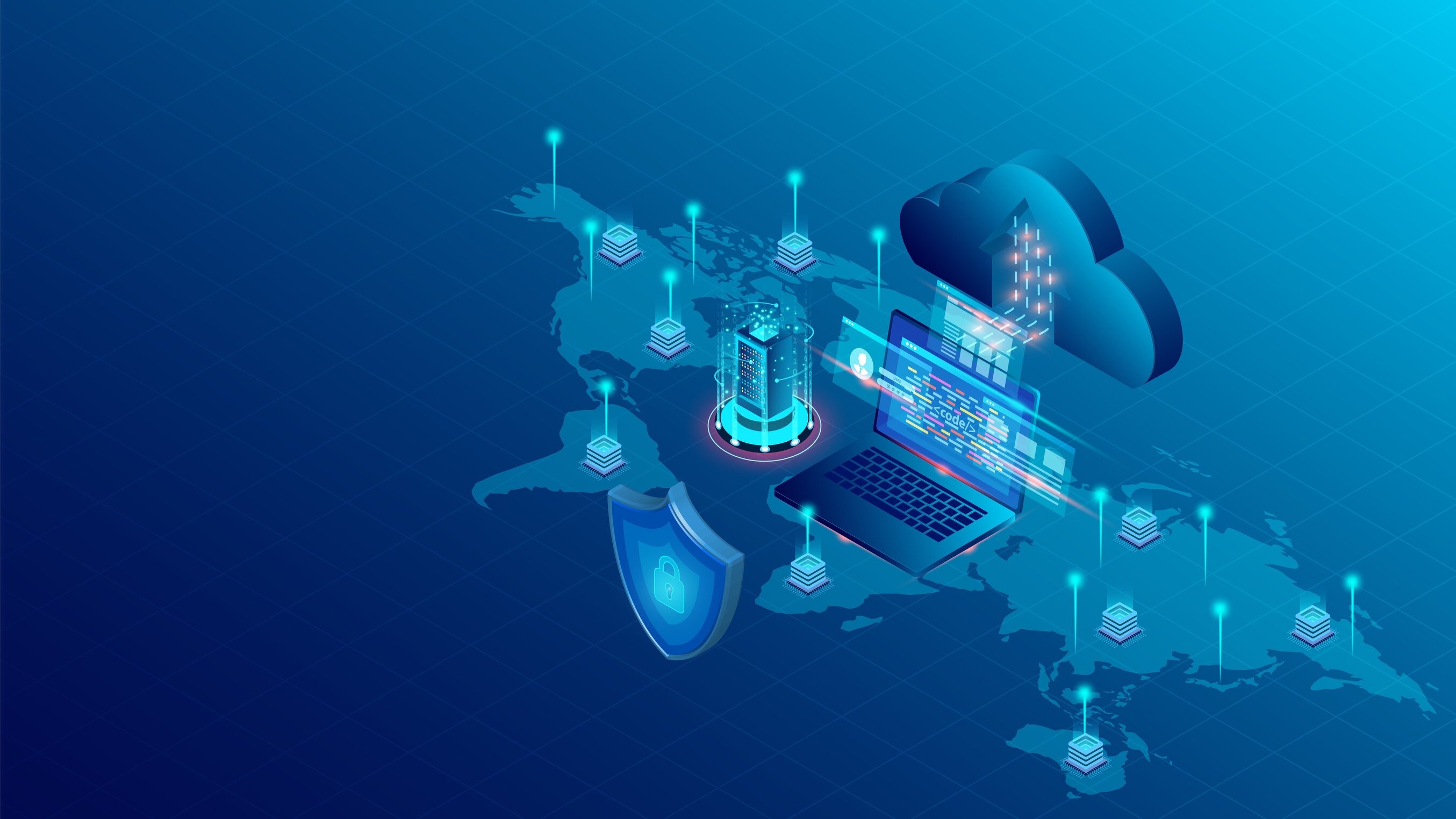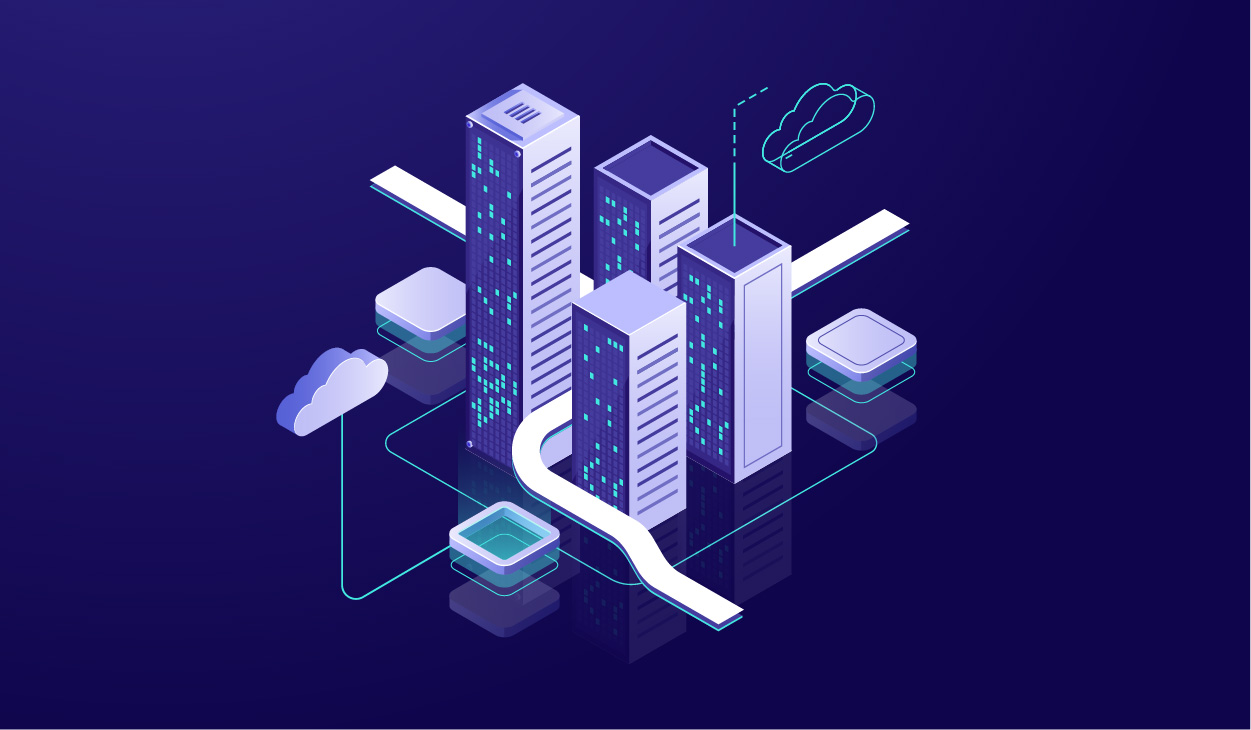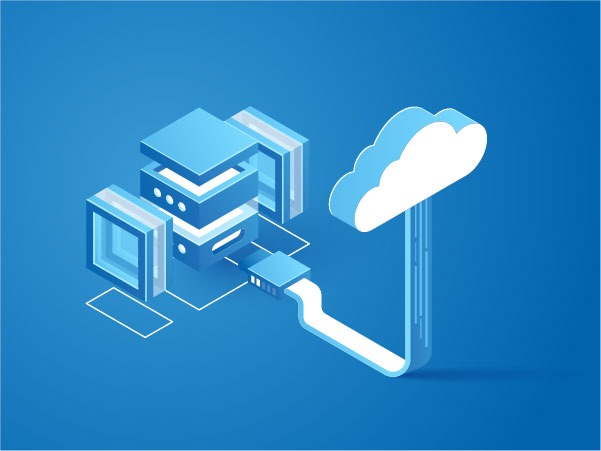As businesses show an inclination toward cloud technology, there is much discussion on the topic of private cloud vs public cloud.
When moving workloads online, businesses can choose between private or public cloud models or a combination of both.
In this article, we will cover the definitions of a private cloud and a public cloud, along with their similarities and differences.
What Is A Private Cloud?
A private cloud consists of services dedicated for a single business. Government agencies and mid- to large-sized organisations often use a private cloud to enhance control over their environment.
What Is A Public Cloud?
A public cloud offers virtualised computing resources owned and operated by a third-party cloud service provider.
READ MORE: Beware An Outdated IT Audit: Is Your Data Still Secure?
Private Cloud vs Public Cloud: Their Differences
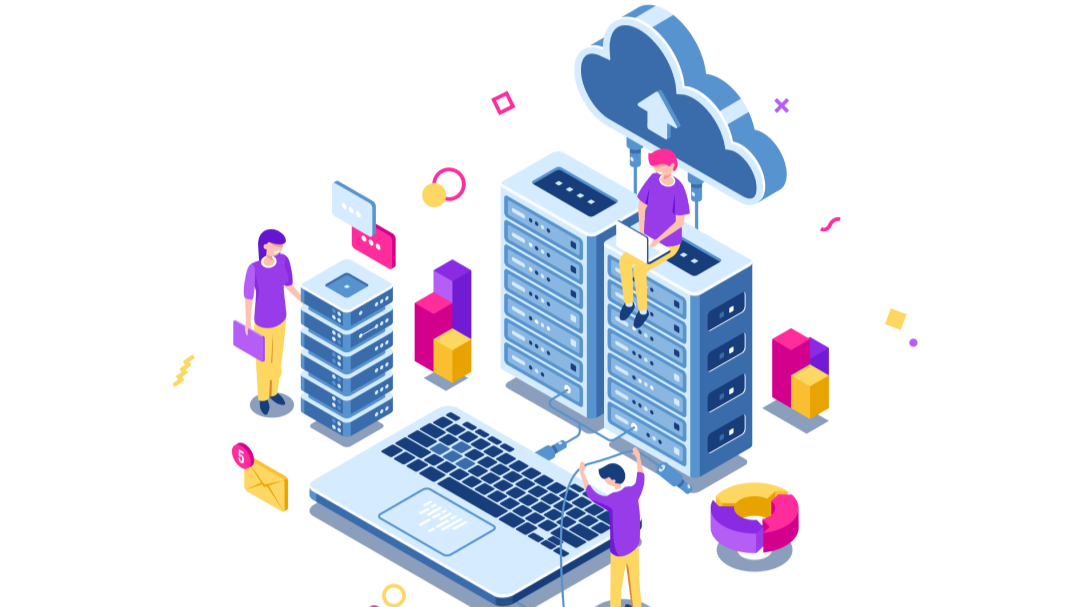
1. Infrastructure
Firstly, in a public cloud, businesses share the same hardware and storage with other organisations. On the other hand, a private cloud is a single-tenant system with dedicated hardware.
2. Affordability
Public clouds require no capital cost with minimal or no initial investment. This model is either free or runs on a pay-as-you-use basis.
Private clouds, however, require a high initial investment. Capital is used for procuring, setting up and maintaining the hardware.
READ MORE: The Surprising Truth About Regulatory Compliance & Protection
3. Accessibility
A public cloud is available to multiple users accessing the cloud from anywhere over the internet. However, a private cloud is only accessible via private and secure network links.
4. Best Suited For
Public clouds are ideal for small-sized companies that prioritise cloud disaster recovery and application testing.
Private clouds, however, are customisable and come with security features. They are ideal for businesses or government agencies that require a secure environment to carry out sensitive tasks.
5. Control and Customisation
Lastly, public clouds have lesser control over data governance, adaptability and customisation aspects.
On the other hand, private clouds provide a fully customisable and adaptable environment that can be tweaked to meet the business’s needs.
READ MORE: How COVID-19 Pandemic Impacted Data Backup
Choosing Between Private Cloud vs Public Cloud Infrastructure
By gathering the right information, businesses can decide whether a public cloud or a private cloud is best suited for them. Below are 5 factors to consider when comparing these two cloud models.
1. Performance
The hardware of a private cloud is reserved for just one business. However, developers can face issues with performance and availability, especially during peak times, with a public cloud.
2. Support
Private and public cloud services are similar in terms of supporting different devices and applications. Both models support automation and offer a wide range of monitoring features.
READ MORE: Top 3 Major Causes of Endpoint Data Loss
3. Usability
User-friendliness matters a lot when choosing a suitable cloud. Likewise, cloud models must offer compelling features and support different types of frameworks.
4. Scalability
Most managed cloud services support scaling. However, if you choose to host in-house, you will be responsible for scaling the cloud model for your business.
5. Updates
Both private and public cloud providers publish their update policies. A private cloud may offer a detailed service roadmap, with details on upgrades and new features.
In a public cloud, all devices are updated to the latest versions of OS on release. However, both cloud types support automated updates to fix bugs and security issues.
READ MORE: A Checklist for Selecting the Right Backup Software and Backup Service Provider
Aegis Cloud Data Protection and Disaster Recovery
In today’s digitalised era, cloud adoption is already mainstream, and many enterprise workloads are already on the cloud. Although cloud migration comes with a few risks, the benefits of private and public clouds far outweigh these limitations.
Aegis, the in-house brand of Infinity Consulting Technology Sdn Bhd (ICT), was established to spearhead cloud backup and disaster recovery services in Malaysia.
Our Aegis Disaster Recovery As-A-Service (DRaaS) is a cloud disaster recovery subscription model. It protects our client’s critical data and systems and minimises downtime and disruption to business operations.
As a local cloud disaster recovery service provider, Aegis ensures data sovereignty while offering customisable service offerings.

